

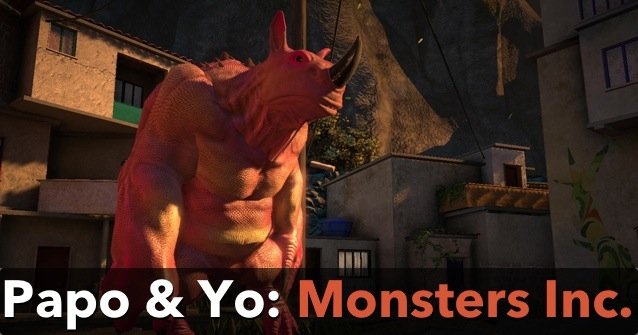
I had have an alcoholic father. In all the marketing for Papo & Yo, the fact that this would be the major driving theme was not hidden, and, in fact, trailers and previews dared us to take on this theme. Rather than having this be some detail that was in service to a more grand narrative about saving the world, the focus was on the tenuous relationship between a person who represents power to change a world yet loses control and a person still trying to understand the world they now inhabit. I have an alcoholic father, and while that part of Papo & Yo managed to stir up a plethora of memories and emotions, the symbols and landscape the game paints were enough to mean the game wasn’t just about Quico to me.
Instead, I saw the story of a white father and black son as a larger narrative about colonialism, and the complex, destructive nature of it.
I saw the story of a white father and black son as a larger narrative about colonialism, and the complex, destructive nature of it.Quico starts off dressed in a sharp schoolboy uniform that is clearly distinct from his surroundings visually. Around him are an amalgamation of slums reminiscent of South America. As he continues he meets Lula, a robotic toy who helps him float over gaps. The toy itself seems to meld into the yellow hues of the world, but its ability to create shortcuts for Quico reads as a way of cheating the world he navigates by changing the rules.
Then there’s Monster.
The introduction of Monster is handled rather ominously. You walk down a pipe and see a huge shadow while hearing grumbling and discontented noises. When Quico finally does meet Monster in person, he is asleep, oblivious to Quico. In order to progress through the environment in which he finds himself, Quico has to rely on Monster. Monster’s overindulgence means he will gladly follow Quico and take what fruits he has to offer. Then come the frogs.
The game of feeding Monster means you can play carrot-on-a-stick. Picking up a coconut, Quico can guide Monster to where he needs to be. If Quico is hugging a frog, though, Monster snatches it, and flies into a rage that is destructive of the fairly serene atmosphere and to Quico’s own well-being. As this power play continues, Quico loses more and more of his outfit, a visual tether to the physical world he dreams of in between chapters.
Living with someone who is prone to losing control and threatens your very being is a frightening thought, and one that begins shaping the very world in which you live. The story of Quico and Monster is not just between father and son, it is between any two parties in a power discrepancy. Quico’s escape is a surreal fiction, a world he can control, or over which he can soar with the help of Lula.
At least that is how the game subtly starts: Quico can control buildings by manipulating obviously drawn-on controls. When Monster appears, it is he with whom Quico must contend, urging him to certain locations to use him. Monster becomes an essential element, and one that is constantly in danger of discovering frogs and throwing Quico around, ripping apart his clothes, bringing him closer to the slums over which he has control by breaking down barriers, or stepping on plates over which only his presence can be useful.
Monster controls Quico’s surreal fantasy, in which Quico has the power to move and bend buildings. Even the dreams Quico’s managed to wander are not wholly his own.
There is also a girl who initially seems antagonistic, but ends up serving as Monster’s foil. She actually can guide the player, and she is clearly a part of the fabric of the slums being traversed. Unlike Quico, who must find ways to manipulate his surroundings, she is at home and can travel as she wills. When Lula is broken by Monster in a fit of rage, Quico is hampered, but she offers to help. While donning similar markings as her in front of an altar, they work together to feed off Monster’s anger to revive Lula; Monster is tied to Lula, as an object likely given to him by his father, just as Quico is tied to both.
Papo & Yo is a very real reminder that abuses of power can be analyzed in the micro, and serve as an example for how to examine the macro.It is she who finally leads Quico to the shaman, sacrificing herself in order to ensure his journey can meet his end.
What he finds is there is no answer that absolves everything.
A typical hallmark of a piece of media we can remember and revisit is one where we can read into not only the story, but analyze it from various angles, or pull back and map a larger story at play — the story of the human condition or how it parallels to history. Again, the story is very obviously about alcoholism, family, and the impact it has on lives. It can also be a story of one state folding another culture into its whims, and then abusing it in the quest for whatever resources off which it becomes irrational and destructive (usually tied to money).
Papo & Yo is a very real reminder that abuses of power can be analyzed in the micro, and serve as an example for how to examine the macro. The story of power discrepancies is one in which the person or persons with power control the means of progress and must be goaded into it.
Monster is not completely reprehensible, however. Very few people are. Despite his horrific nature, the game makes sure that we do have some care for Monster. He is playful and almost sweet in moments between his rage and loss of control. However, while Monster is playful at times, whenever the human father is depicted, the best thing to say about him is he is pitiful.
Yet, Papo & Yo doesn’t offer a solution for how to stop the abuse, it only offers a tale for how to deal with it once it happens. Monster has options, and refutes them, giving in to an urge and anger. Quico is left to the whims of Monster, and must depend on him, and live in the world in which he is the key to progression.
The story of Papo & Yo is one of alcoholism. It is also a story of seeking and finding independence by eventually accepting what has happened while seeking to move on, move forward whether that relationship is between father and son, state and colony, or government and disenfranchised.
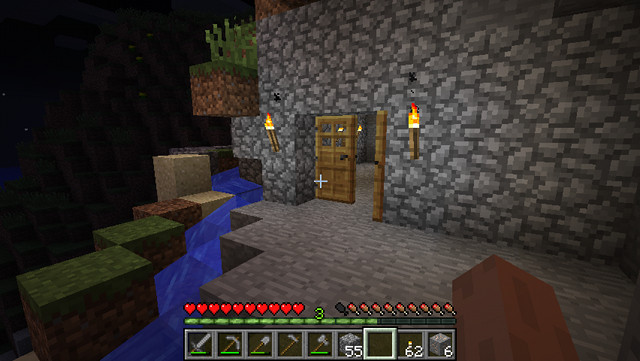
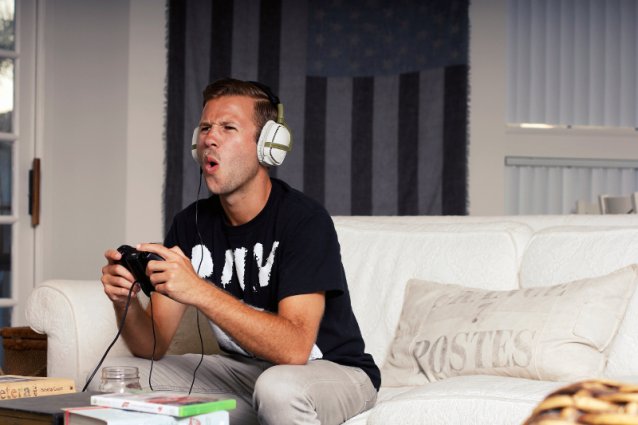

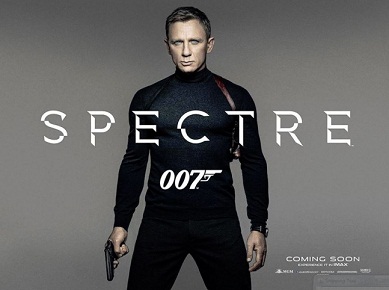
 How To Register For Black Desert Online's Russian Beta Test
How To Register For Black Desert Online's Russian Beta Test The Last of Us Remastered Firefly Pendant Walkthrough
The Last of Us Remastered Firefly Pendant Walkthrough Temple Run 2: Undocumented Features & Tips
Temple Run 2: Undocumented Features & Tips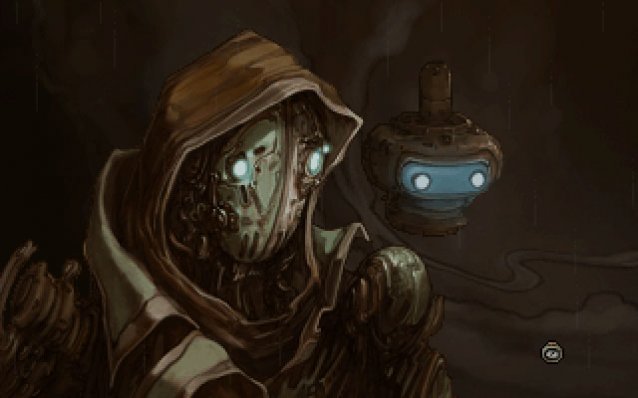 Primordia Review: A human story in a human-less world
Primordia Review: A human story in a human-less world How To Unlock the New Strike in Destiny: The Dark Below
How To Unlock the New Strike in Destiny: The Dark Below